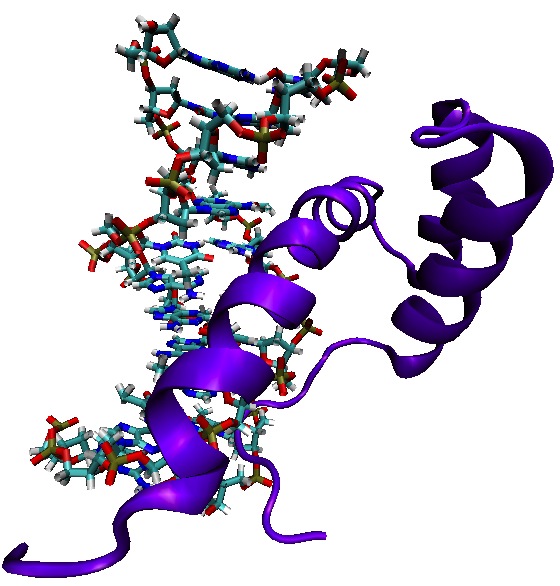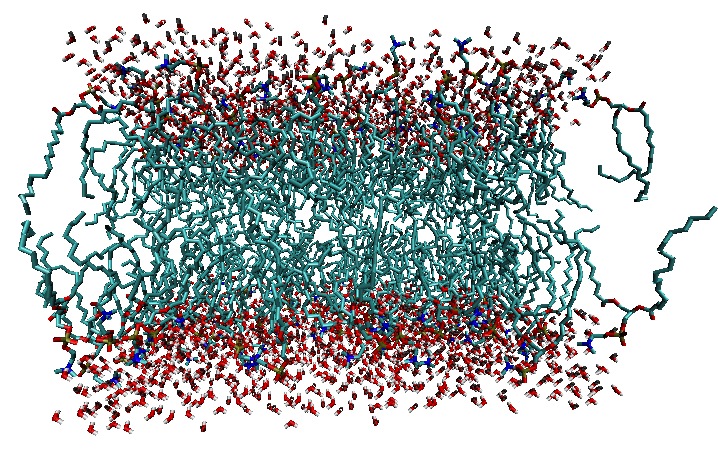Introduction to Computational Molecular Bioengineering
BIOE 489N
 |
This
class is designed to introduce students to the principles, methods and
software used for simulation and modeling of macromolecules of
biological interest. Along with experiment and theory, computational
modeling provides new tools for analysis, explanation and prediction. The course is useful for students who plan to use experimental techniques as their primary approach but who will employ computational modeling as a tool to obtain integrative understanding of complex systems. The course should also be valuable as an introductory overview for students planning to conduct their thesis research in computational modeling of biological systems. |
Class
topics:
|
 |
|
Applications:
|
| Pre-requisites: BIOE120, BIOE121, BIOE241, MATH246, PHYS260/261, BIOE 232, BIOE371 |
The course has
lectures and a computational laboratory. The calculations for the
course will be performed using the computing
resources of the University of Maryland High Performance Computing
Cluster.
|
